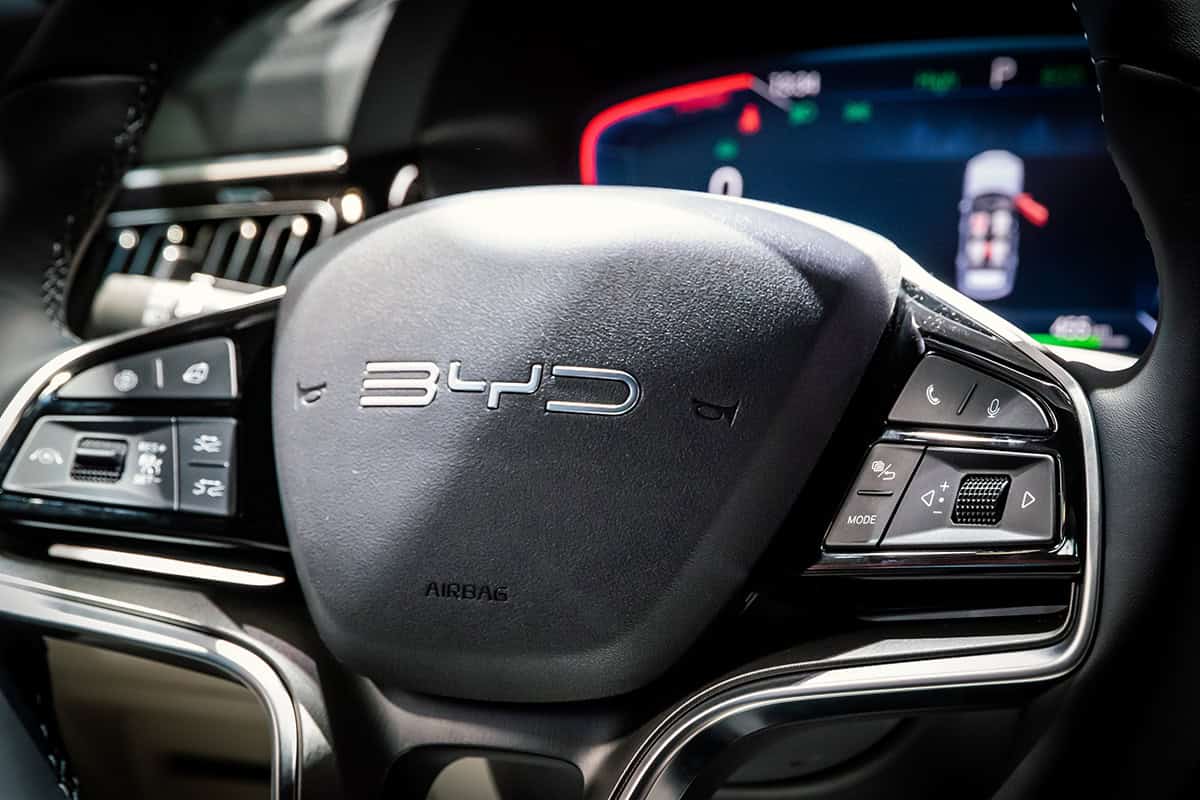BYD, the Chinese manufacturer of batteries and electric vehicles, is rapidly becoming the dominant force in the global EV space, despite the US and Europe railing against its disruptive effect on their domestic markets. In the last month, the buccaneering firm has made major plant announcements in Thailand and Turkey as it doubles down on competing with its US and European Union rivals. It also has plans to build a plant in EU member state Hungary.
In July, BYD—an acronym for “Build Your Dreams”— unveiled its new EV plant in Thailand, having reportedly investing $486 million to gain a foothold in what was until recently Southeast Asia’s second largest auto market. The plant, BYD’s first in Southeast Asia, has the capacity to produce 150,000 vehicles a year. BYD’s push into Southeast Asia was followed by a $1 billion investment in Turkey in a plant that can also produce 150,000 per year.
By choosing Turkey, BYD sidesteps punitive tariffs Brussels is about to levy on Chinese automakers. While not a member of the EU, Turkey enjoys a customs union with the bloc, which means BYD will be able to reexport vehicles to the EU without incurring a 27.4% tariff currently under discussion.
Tariffs and restrictive regulations are forcing Chinese automakers to reconsider their game plan, says Richard Lawton, head of marketing and communications at DriveElectric, an EV leasing and carbon management company.
“It’s likely that these tariff increases might influence the future decision-making processes of BYD as well as other Chinese manufacturers, especially when it comes to making strategic investments,” he notes.
BYD, in which Warren Buffett’s Berkshire Hathaway holds a 6.9% stake, also has Elon Musk in its crosshairs; it is set to surpass the Tesla in battery EV sales this year, research firm Counterpoint said in a July report. Chinese automakers are turning their attention as well to emerging markets in the Middle East and Africa, Latin America, Southeast Asia, Australia, and New Zealand, Counterpoint notes.
With US and European automakers struggling to compete, much will hinge on high-level trade talks. “The outcome of EU-China talks, especially with Germany’s opposition, will shape future EV market dynamics, with Europe [and] the US driving growth from 2025 onwards,” Counterpoint said in a statement. Elsewhere, BYD has its sights set on Indonesia, Southeast Asia’s largest auto market, having forged an alliance with domestically based Neta Auto to build a $1 billion factory set to become operational by 2026.
